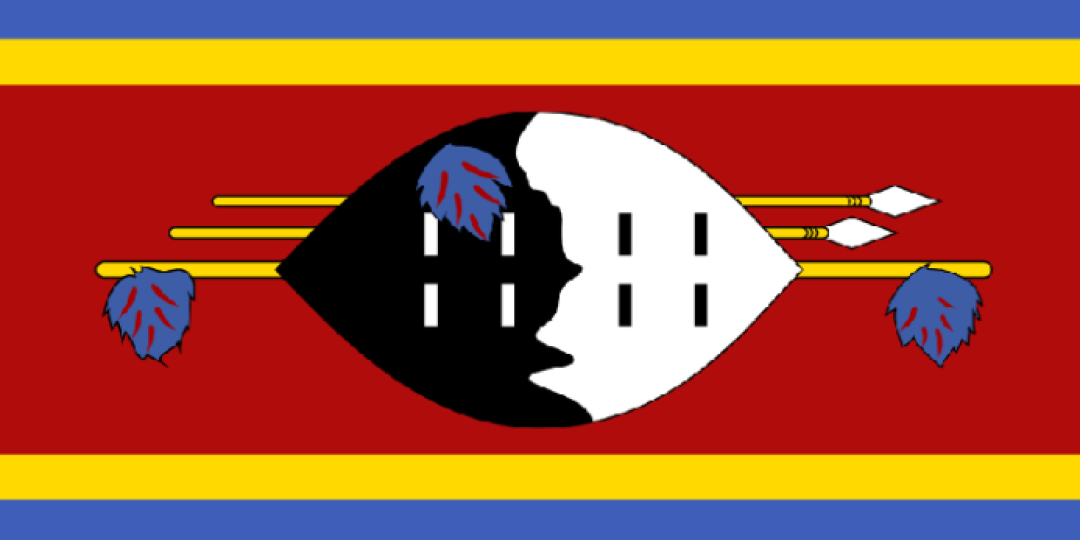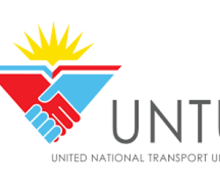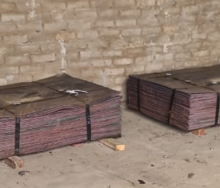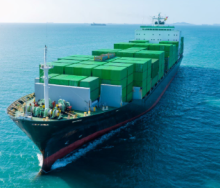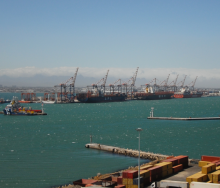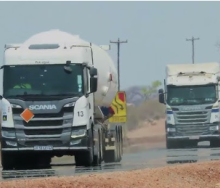Eswatini’s imports have finally shrunk to become on par with exports, thanks to Covid-19 supply chain disruptions that hindered the normal flow of consumer goods into the country.
Two major outbreaks of political violence in Eswatini and in South Africa also impacted the exportation and importation of goods.
However, the two temporary occurrences tended to cancel each other out when it came to the balance of trade bottom line.
Transport firms were also seriously impacted by 2021’s political uprisings – first in Eswatini that shut down commerce and movement in June and July, and then rioting in KwaZulu-Natal and Gauteng, which are major destinations for Swazi exports.
For the year in general, transport companies report that their businesses did well.
“The import bill rose significantly by 17.1%, to settle at R28.6 billion in 2021.
"Export income amounted to R30.4 billion in 2021 - a rise of 7.4% from the overall exports recorded in 2020.
"This means Eswatini registered a trade surplus of R1.8 billion,” the Central Bank of Eswatini reported in its January 2021 Recent Economic Developments (RED) survey.
Eswatini’s export picture is curiously mixed.
The country’s top export in terms of revenue is soft drink concentrates manufactured by Coca-Cola and made from local sugar cane, which is Eswatini’s top export per volume.
Concentrate exports were down 18.4% in 2021 from 2020. No reason for the drop was given.
With borders opened throughout the year after 2020 lockdowns, road freight moved reliably.
Eswatini Railways ended 2021 embroiled in a serious strike. Retired or inexperienced workers hired as strike-breakers by the railway ended up flipping over a freight train in the year’s most serious accident
According to the Eswatini Railway Workers’ Union, a non-member, 63-year-old Joseph Dzimati, was killed when he crashed the train on December 23 at Golela, at the Eswatini-South African border.
In an interview with Freight News, Eswatini Railway PRO Sive Manana said the labour dispute had been settled.
“There is no strike,” he said, and reported operations were back to normal.
Only bulk items like sugar are transported by rail. Most Swazi exports and all imports, except for some vehicles and industrial inputs, come by road.
“The trucking industry did fine last year. There was real concern by our drivers going to Durban and Jo’burg during the riots, but that didn’t last,” said Joseph Ndwandwe, a freight forwarding agent at the Matsapha industrial centre.
South Africa remains Eswatini’s economic lifeline. The Central Bank calculates that 56.3% of Swazi exports are absorbed by the South African market. Eswatini sources 73.1% of its imports from South Africa.
